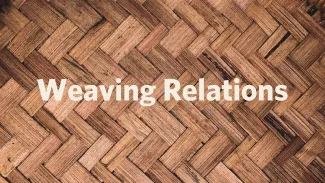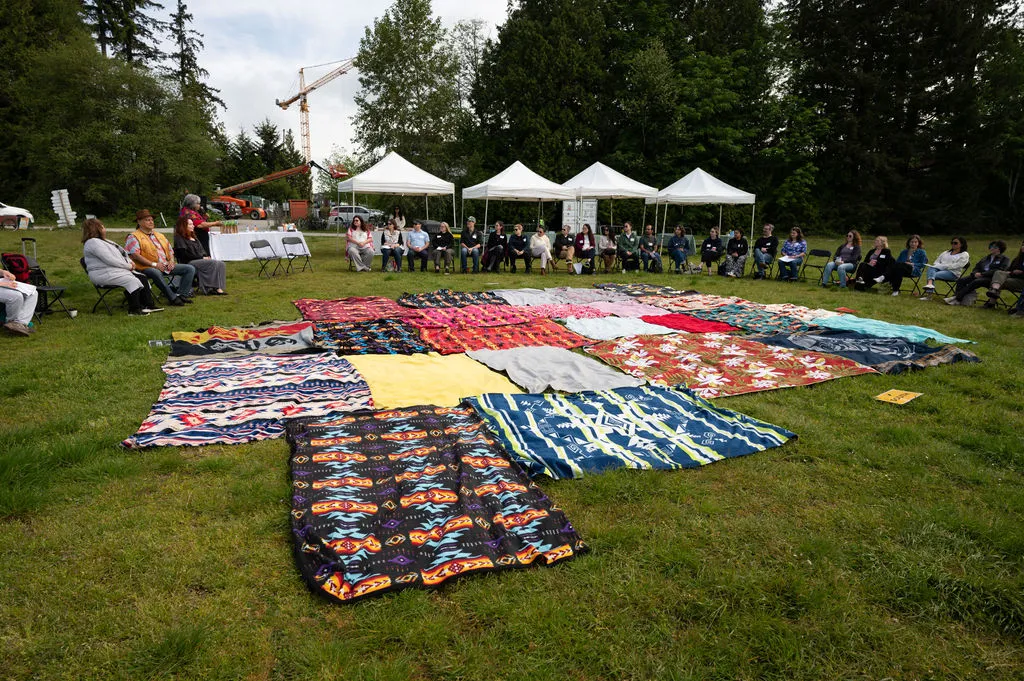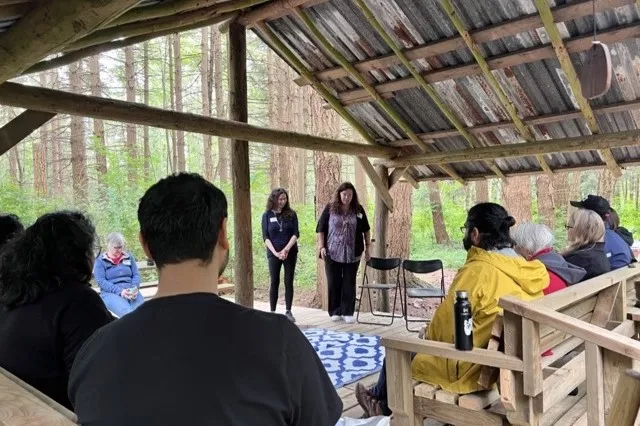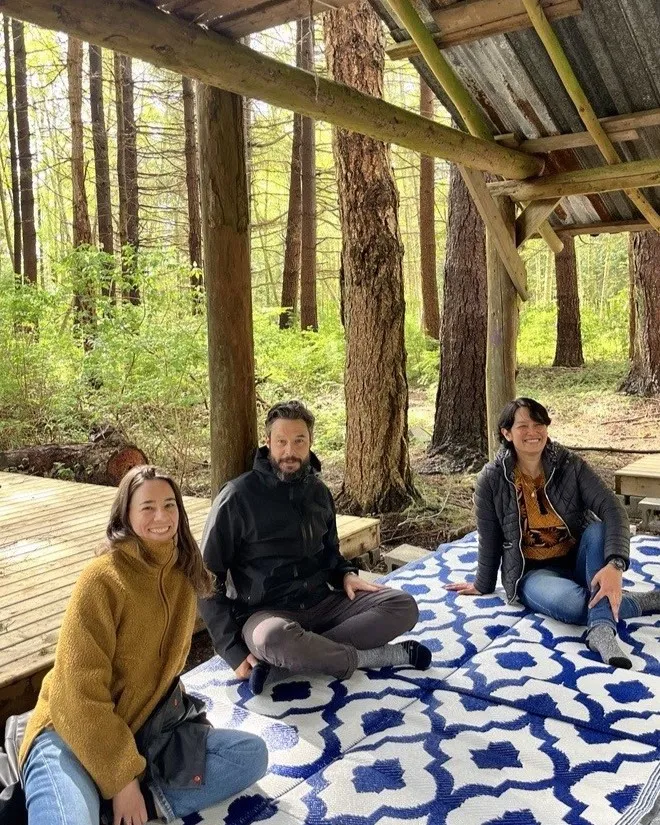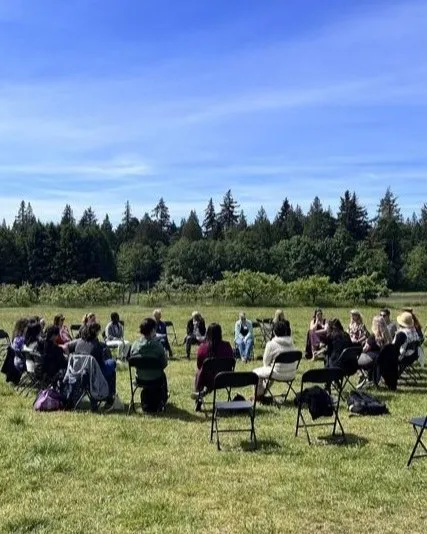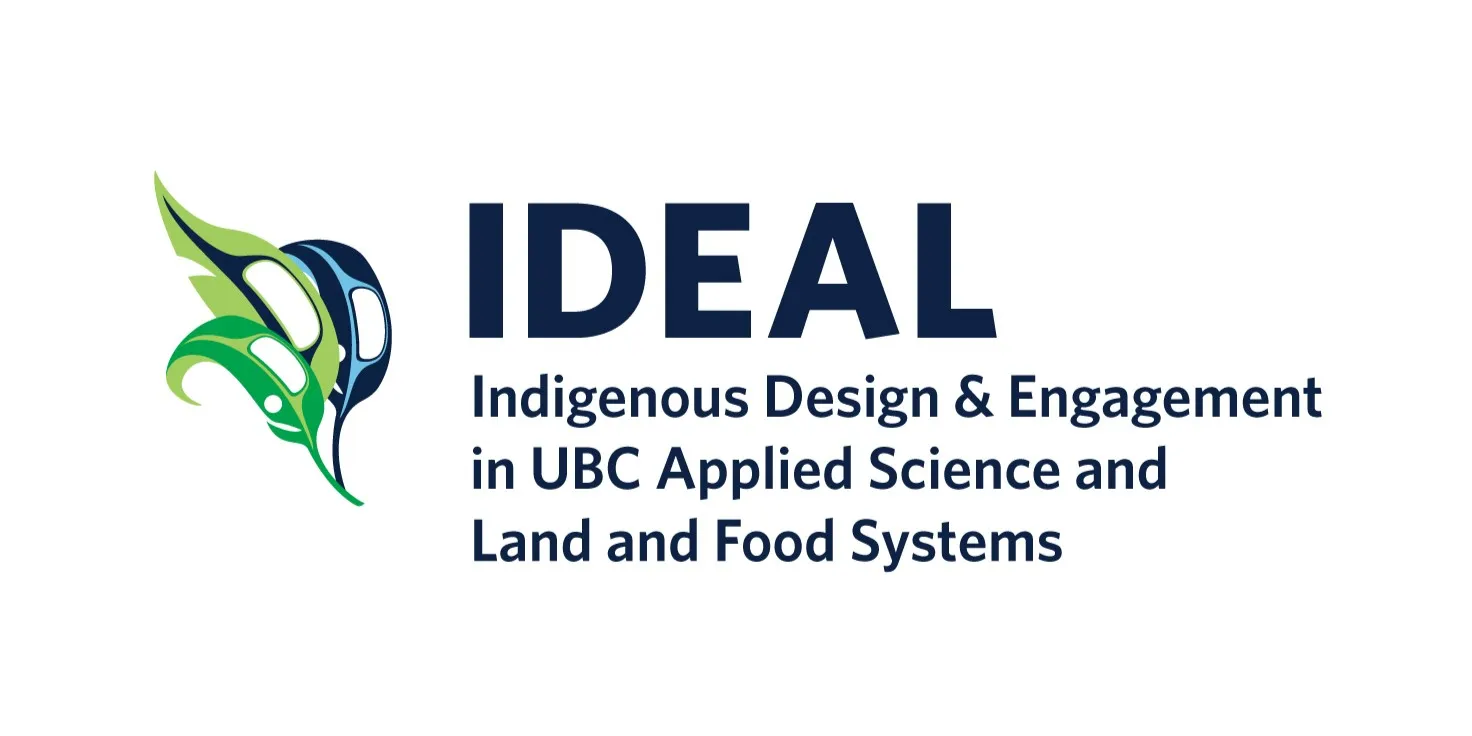
About the Program
IDEAL: Indigenous Design and Engagement in UBC Applied Science and Land and Food Systems is a certificate program that works towards deepening our collective consciousness in the context of settler colonialism, and the development of our shared commitments to a better future, through relational,
experiential, and land-based learning. IDEAL ties together foundational teachings about Indigenous-Canadian histories and relationships in the context of settler colonialism; addresses four interrelated denials that enable the reproduction of the enduring colonial system; and provides participants with alternate approaches to problem-solving as it relates to systemic, historical, and ongoing violence through the use of relational, experiential, and land-based tools.
IDEAL advances Action 34 of UBC's Indigenous Strategic Plan to "develop and deliver Indigenous history and issues training for all faculty and staff." Learning will be grounded in 3 stages, which follow the framework of Introduce-Develop-Apply.
Stage 1: Weaving Relations
Stage 2: Digging Deeper
In Stage 2 of the IDEAL program, participants will explore a variety of learning opportunities, including Speaker Series, guided walks, and engagement opportunities, and then have the opportunity to engage in reflection using journaling prompts via Canvas and participating in facilitated sharing circles. These pedagogical methods are utilized to develop and deepen participants learning; employing peer-based learning allows the participants to have enriched, dialogical and reflective opportunities using decolonialized methodologies.
The goal of Stage 2 is to provide a gradual scaffolding of experiential learning opportunities with a cohort of peers from cross disciplines, strengthening relational networks and weaving together a deeper understanding of Indigenous peoples, history, and issues to better equip participants when they seek to engage with Indigenous communities.
Stage 2 is designed to be a year-long commitment. Participants choose from 10 curated experiences and attend the corresponding Sharing Circle. Participants need to complete 7 pairings to be eligible to move on to Stage 3. Experiences also include attending engagement opportunities such as Orange Shirt Day, Coffee and Care dialogue sessions, and viewing pre-recorded Speaker Series and Panels, if the in-person opportunity does not allow for attendance. Participants also have the ability to experience and share about an opportunity (limit of two) outside those listed.
Enrolment for Stage 2 is welcome at any time.
Stage 3: Relating Wider
Stage 3 allows participants to apply the knowledge they have gained in Stages 1 and 2 to their personal approaches to decoloniality, reconciliation, and Indigenization, through engagement with land-based learning, reflective cohorts, and sharing triads. Participants will enrol in and complete the cohort-based course held in person at the UBC Farm to deepen their learnings from Stages 1 and 2, as well as to inform their engagement with the Reflection and Sharing Circles in Stage 3.
Enrolment is now open for the January - June 2025 Stage 3 cohort. All enrollees must have completed IDEAL Stage 2 and have obtained permission from the facilitators prior to enrolling.
IDEAL Newsletter
Sign up for the IDEAL newsletter to receive monthly program updates and resources, including:
- A Halq’eméylem word of the month
- IDEAL news and events
- Indigenous book, movie, and podcast recommendations
- Indigenous pathways to mental wellness
A Message from the Facilitators
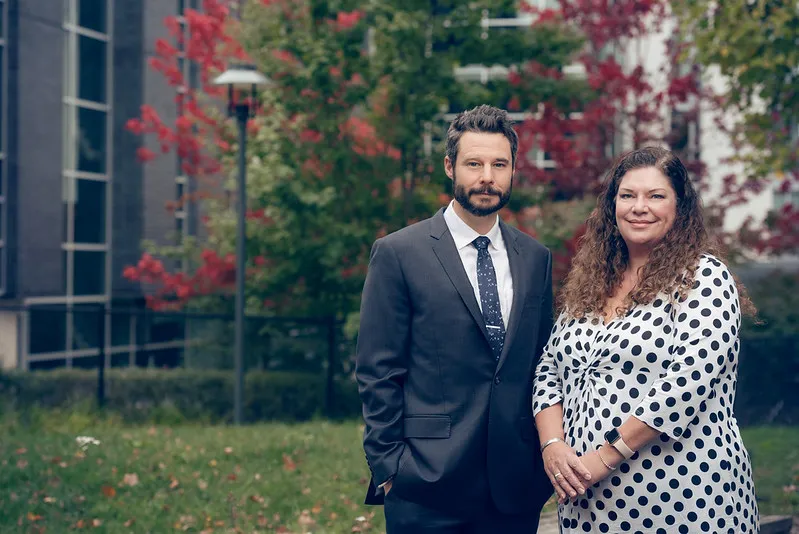
We hope that this certificate program helps prepare settler participants to examine their own worldviews and put in the work necessary to be in a better place when they do go out and engage with Indigenous peoples and communities. By challenging our understandings of colonialism, working to see outside our current systems and structures, participants should develop a deeper understanding of what decolonization means and how we can all work towards a future of meaningful reconciliation.
Please contact Dana-Lyn Mackenzie, Senior Manager, EDI & Indigeneity at danalyn.mackenzie@ubc.ca for further information or enquiries.
